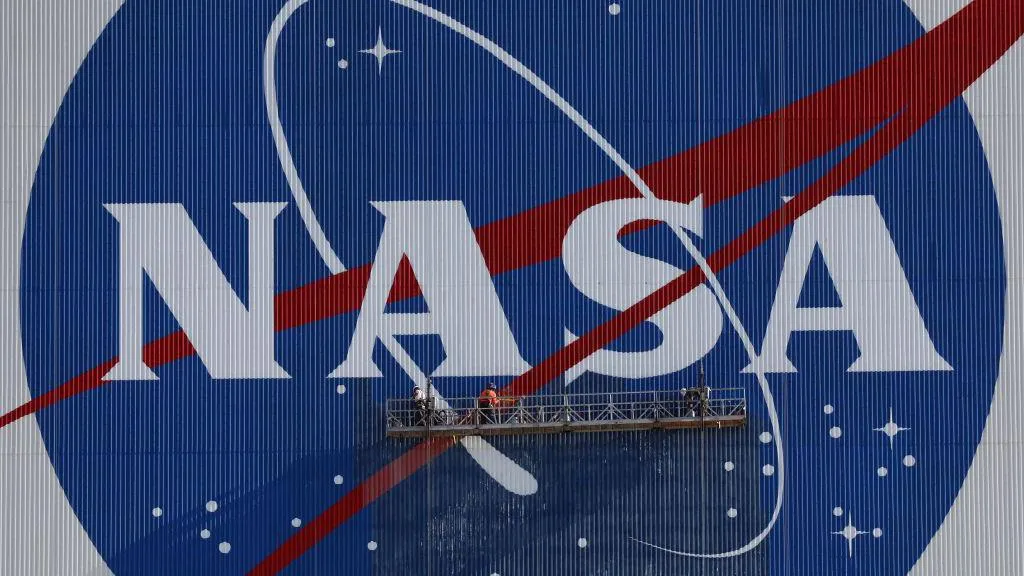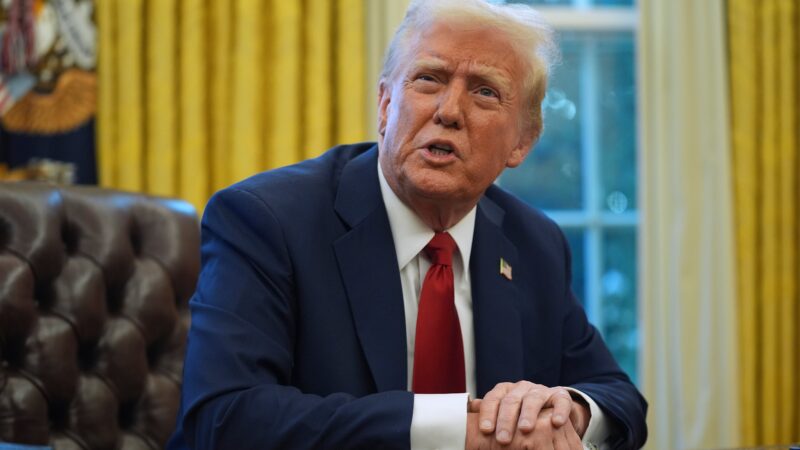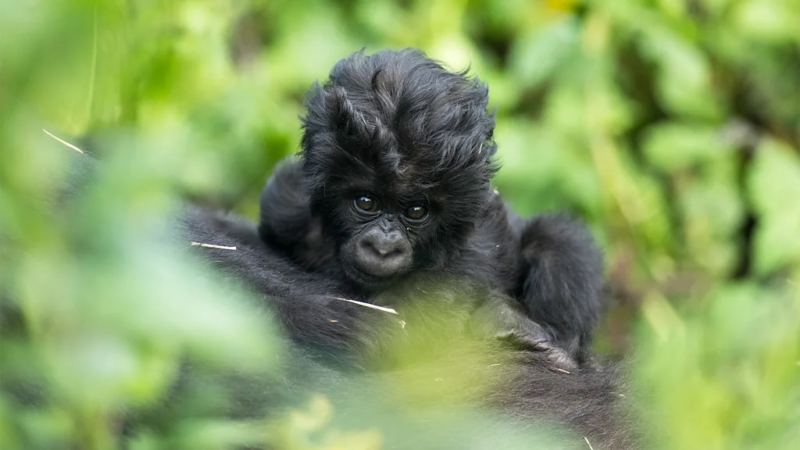NASA Bans Chinese Nationals from Its Space Programmes

NASA has barred Chinese citizens from accessing its facilities, data, and networks, effectively excluding them from contributing to one of the world’s most prestigious space research programmes.
Chinese nationals working at NASA as contractors or research students reportedly lost access on 5 September, Bloomberg News said, citing sources. They were abruptly locked out of systems, denied entry to facilities, and barred from both in-person and virtual meetings.
NASA later confirmed the restrictions. “We have taken internal action pertaining to Chinese nationals — including restricting physical and cybersecurity access to our facilities,” press secretary Bethany Stevens said. The agency cited national security concerns as the reason for the move.
The decision deepens the breakdown of scientific collaboration between Washington and Beijing. US law already prohibits NASA from sharing data with China, which is why Chinese astronauts have long been excluded from the International Space Station.
Tensions have been rising as China rapidly expands its space programme, aiming to send astronauts to the Moon. “We’re in a second space race right now,” NASA’s acting administrator Sean Duffy told reporters this week. “The Chinese want to get back to the Moon before us. That’s not going to happen.”
US lawmakers echoed that urgency. At a Senate hearing, Republican senator Ted Cruz said:
“China has made no secret of its goals. If our adversaries achieve dominant space capabilities, it would pose a profound risk to America. The stakes could not be higher.”
Beijing has dismissed such concerns. A senior Chinese space official last year described US suspicions as “unnecessary,” calling China’s space programme “a collective mission for humanity.”
The rivalry extends beyond symbolism. Both sides see control of the Moon’s resources — from rare earth minerals and titanium to helium, crucial for superconductors and medical equipment — as strategically vital.
The restrictions on Chinese nationals also reflect a broader climate of mistrust. Chinese students in science and technology fields have faced increasing scrutiny when applying for visas, and several cases of alleged espionage involving Chinese researchers in the US have heightened concerns.
With both nations accelerating their lunar ambitions, the ban underscores how scientific collaboration is giving way to geopolitical competition.






